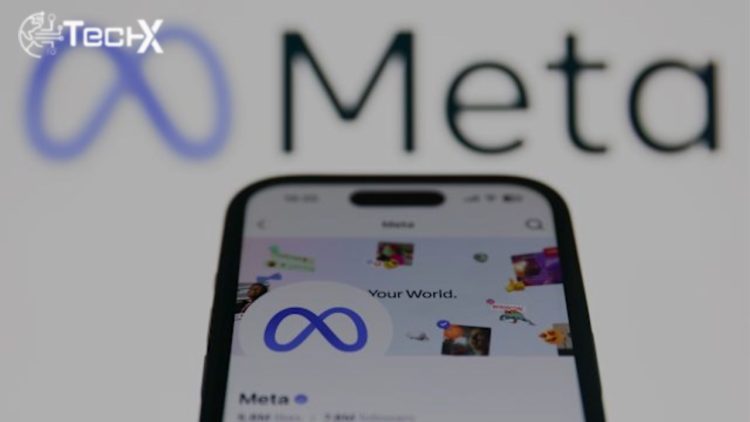Meta has quietly discontinued Facebook’s widely used ‘Group Chats’ feature, leaving users and moderators surprised. The abrupt removal, effective after August 22, comes without clear reasoning. Meta suggests shifting to Messenger Communities instead, but many rely on Group Chats for real-time communication. Here’s what this change means and how users are responding.
Why Axing Facebook Tool Feels Shocking
Group Chats were essential for real-time discussions, helping communities, friends, and colleagues stay connected. Their sudden disappearance disrupts workflows and social interactions. Users expected prior notice or alternatives before Meta’s decision. The lack of transparency has fueled frustration, as many depend on this feature for daily communication.
Facebook Tool Getting Replaced With…
Meta is redirecting users to Messenger Communities, possibly to streamline messaging services. However, this shift forces groups to adapt to a new system without seamless migration. Existing chats remain visible but inactive, preventing new messages. The change suggests Meta’s focus on consolidating features within Messenger, leaving users with fewer choices.
Also Read: Jazz Offers Free On-Net and PTCL Calls in KP
How Users Are Reacting
Outrage is spreading across forums like Reddit, where users express frustration over losing a vital communication tool. Many relied on Group Chats for work, events, and support networks. Some criticize Meta for disregarding user dependency on the feature. Others are scrambling to find alternatives, highlighting the inconvenience of forced transitions.
What to Do Next
To minimize disruption, users should take action promptly before August 22. First, download chat histories to preserve important conversations. Next, consider migrating to Messenger Communities or exploring third-party apps like Discord or WhatsApp. Proactive adaptation is crucial, especially for businesses and organizations relying on Facebook for coordination.
The Bigger Implications of Meta’s Decision
This move reflects Meta’s broader strategy of controlling user engagement within its ecosystem. By eliminating standalone features, it pushes users toward integrated services like Messenger. However, such decisions risk alienating loyal users who value simplicity and functionality. The lack of warning also raises concerns about corporate transparency.
Final Thoughts
Meta’s sudden removal of Group Chats underscores the volatility of relying on centralized platforms. Users must stay adaptable, exploring alternative tools to maintain seamless communication. While Meta’s consolidation may streamline its services, the cost to user experience remains high. The incident serves as a reminder to diversify digital communication channels beyond a single platform.
















